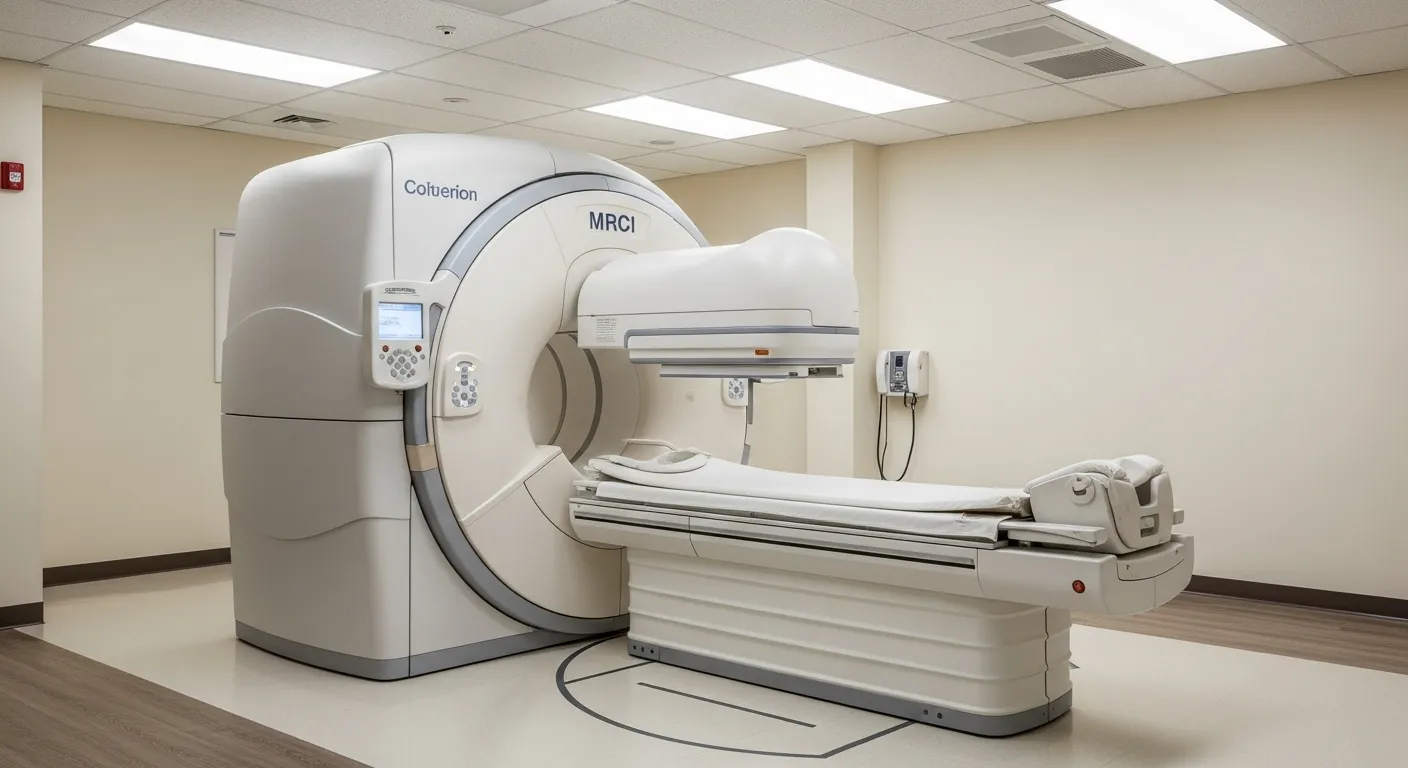Table of Contents
Key Takeaways:
- Cataract surgery is a standard and generally safe procedure for treating vision impairment.
- Preparation involves medical evaluations and lifestyle adjustments to ensure optimal recovery.
- Post-surgery care is crucial for healing, following the doctor’s instructions, and avoiding certain activities.
Introduction
Cataracts are a common condition, particularly in older adults, that can lead to cloudy vision and, if untreated, result in significant vision impairment. Cataract surgery has become one of the most routine and effective procedures performed worldwide, with high success rates in restoring clear vision. Understanding what to expect before and after cataract surgery can help alleviate anxiety and prepare you for a smooth experience and a speedy recovery.
Preparing for Cataract Surgery
Preparation for cataract surgery involves a series of steps designed to maximize the safety and effectiveness of the procedure. It starts with a thorough medical evaluation by an ophthalmologist. This examination assesses the severity of the cataract and evaluates the patient’s overall eye health.
You’ll be guided through a detailed preparation process when you choose an experienced provider like those offered by services such as Porter Ophthalmology. Your ophthalmologist will likely perform several tests, such as measuring your eye’s shape and size, to determine the most appropriate intraocular lens (IOL) for your needs.
In the preparation phase, your doctor will discuss any medications you are currently taking to determine if you need to stop, adjust, or continue them around the time of surgery. Days before the surgery, you may be advised to use prescribed eye drops to prevent infection and inflammation. Typically, beginning the night before, fasting guidelines will be shared to ensure you arrive for surgery in the best condition.
The Cataract Surgery Procedure
You will arrive at the surgical location on the day of the surgery, likely an outpatient facility or eye hospital. The procedure usually lasts about 30 to 45 minutes and involves replacing the cloudy lens with a clear artificial lens.
First, anesthesia will be administered, usually as eye drops to numb your eye. You will be awake, but you shouldn’t feel discomfort. The surgeon will make a tiny incision in your eye, remove the clouded lens, and insert the new intraocular lens (IOL). This innovative process often involves using ultrasound technology to break the lens for easy removal.
Due to technological advancements and techniques, cataract surgery is minimally invasive, with stitches rarely required. After the procedure, a protective shield is placed over the eye to aid healing and prevent injury.
Immediate Aftercare
Immediately following cataract surgery, you will be taken to a recovery area, where you’ll be monitored for a short period. Most patients can go home the same day, as the procedure is outpatient. You will need someone to drive you home as your vision will still adjust.
Your doctor will provide specific aftercare instructions, which are crucial to ensure a smooth recovery. These may include using prescribed eye drops to prevent inflammation and infection and reduce the risk of complications. Avoid rubbing or pressing on your eye, and be cautious when washing your face or hair.
Also Read: Sleep Apnea: The Silent Disorder That Affects Millions
Long-term Care and Recovery
The recovery period following cataract surgery varies among individuals but typically spans a few weeks. During this time, attending all follow-up appointments to monitor healing is essential. Vision improvement is usually noticeable within a day or two, but some patients may experience temporary blurriness as the eye adjusts to the new lens.
For two weeks after surgery, avoiding strenuous activities, bending over, or lifting heavy objects to prevent strain on the healing eye is advisable. If outdoors, wearing sunglasses can help protect your eyes from bright light and UV exposure.
Although complications are rare, it is essential to know the signs that may necessitate immediate medical attention, such as severe eye pain, sudden loss of vision, or light flashes.
Final Thoughts
Cataract surgery is a life-changing procedure for many, offering new clarity of vision and improved quality of life. With proper preparation and diligent aftercare, the risks are minimal, and the benefits are significant. Those considering this procedure should maintain open communication with their healthcare provider and adhere strictly to all pre-and post-operative instructions to achieve the best possible outcomes. Ultimately, successful cataract surgery can substantially enhance the ability to see and boost confidence and independence.




